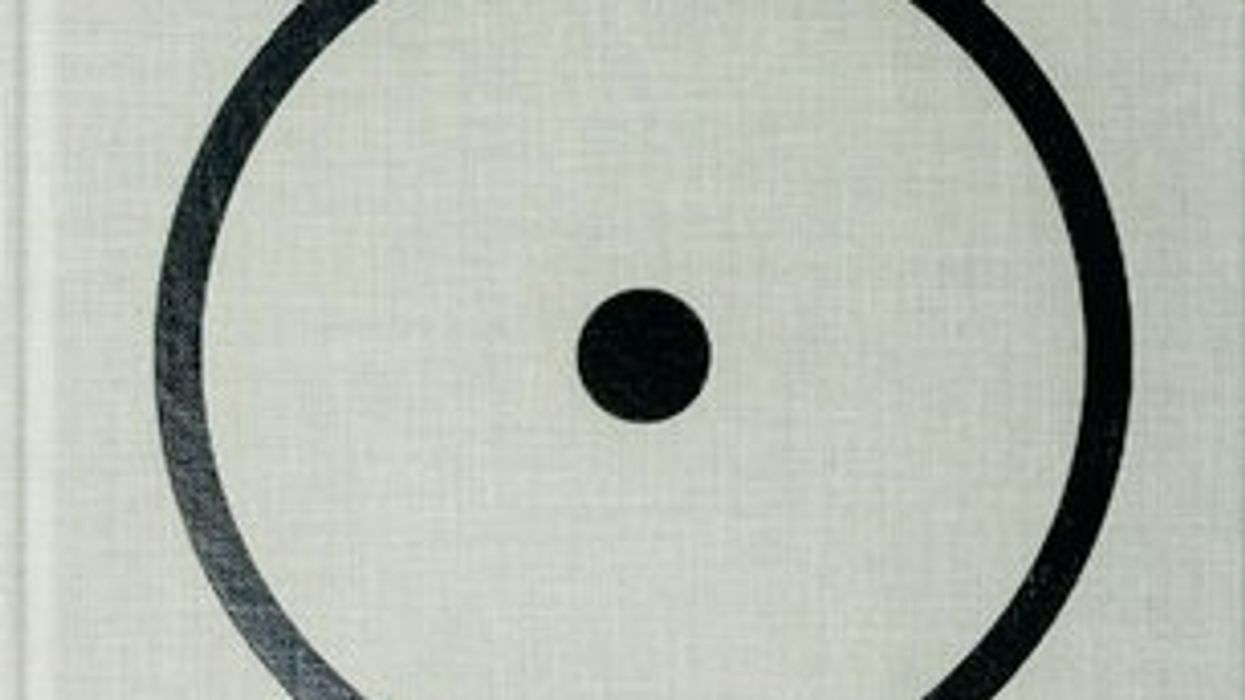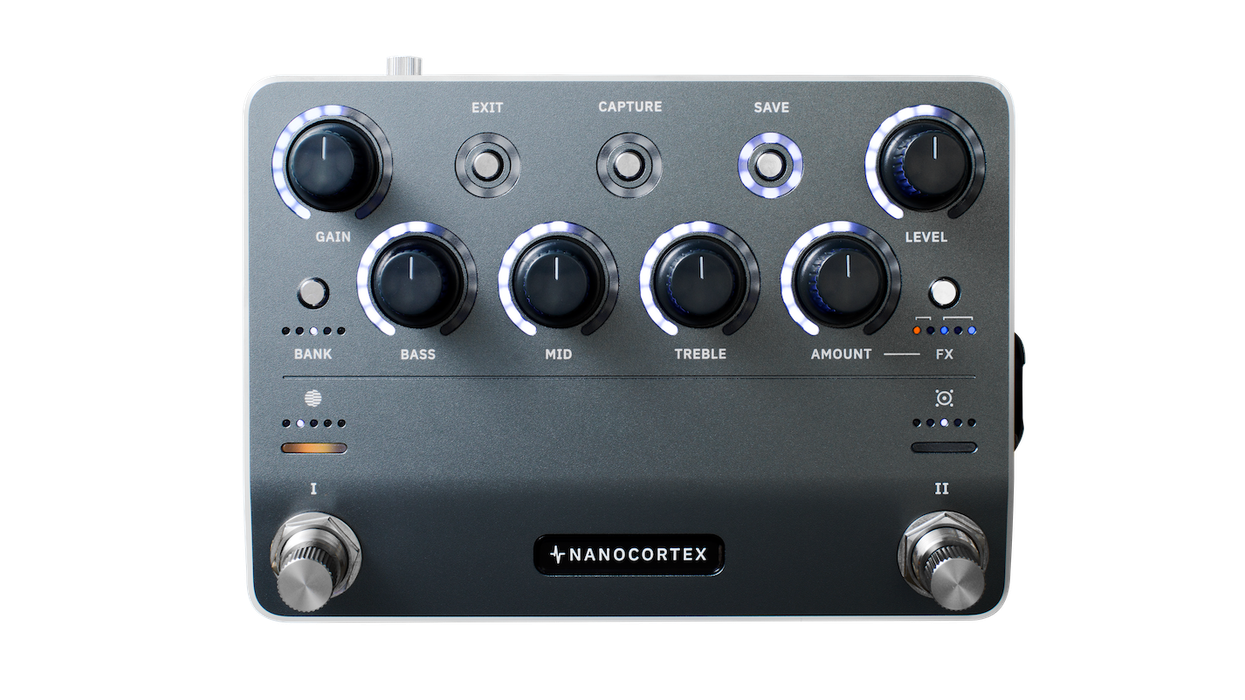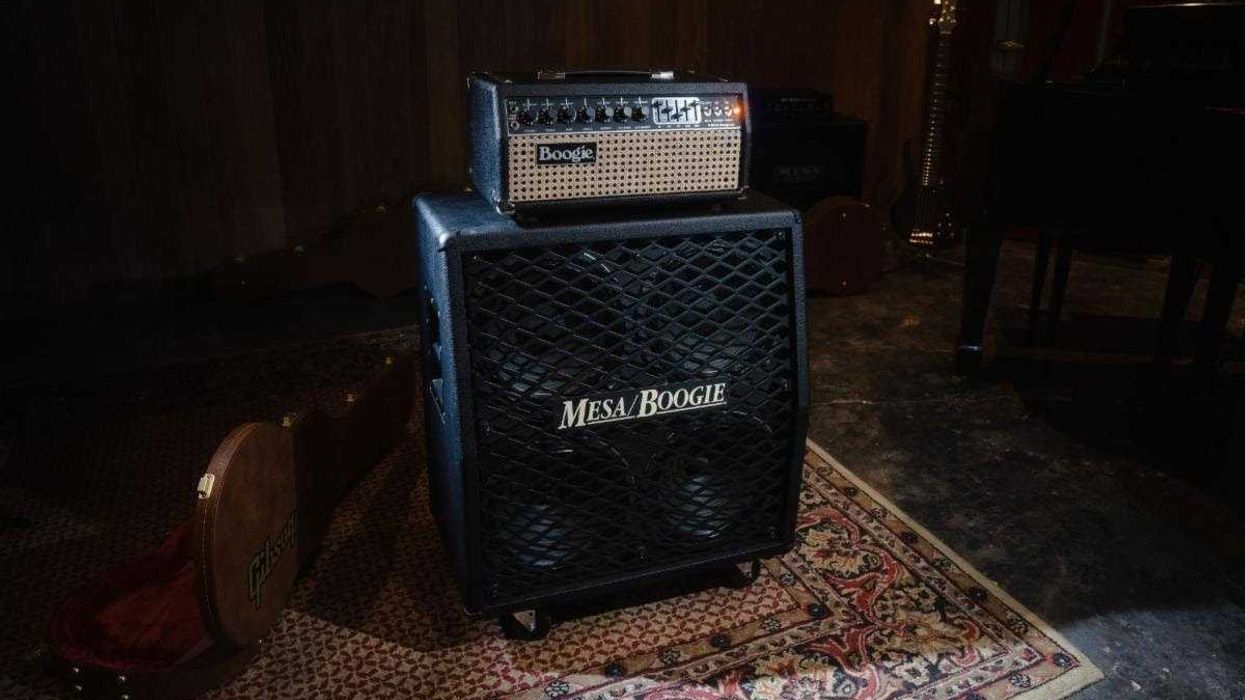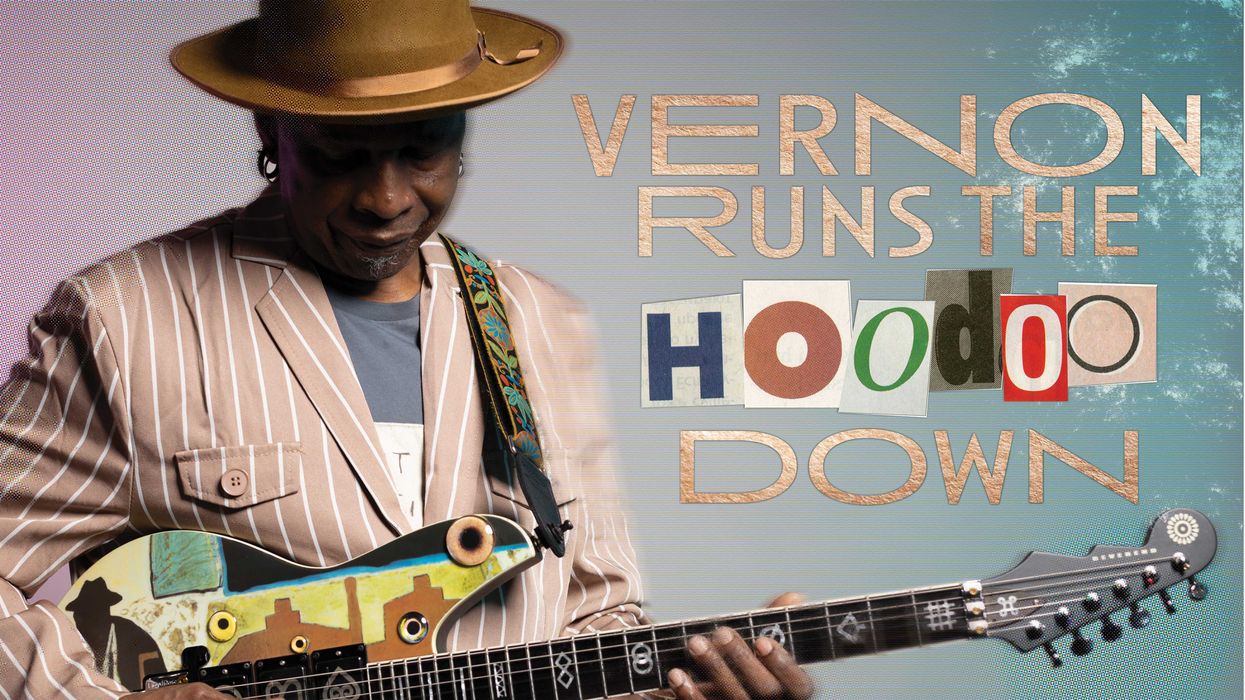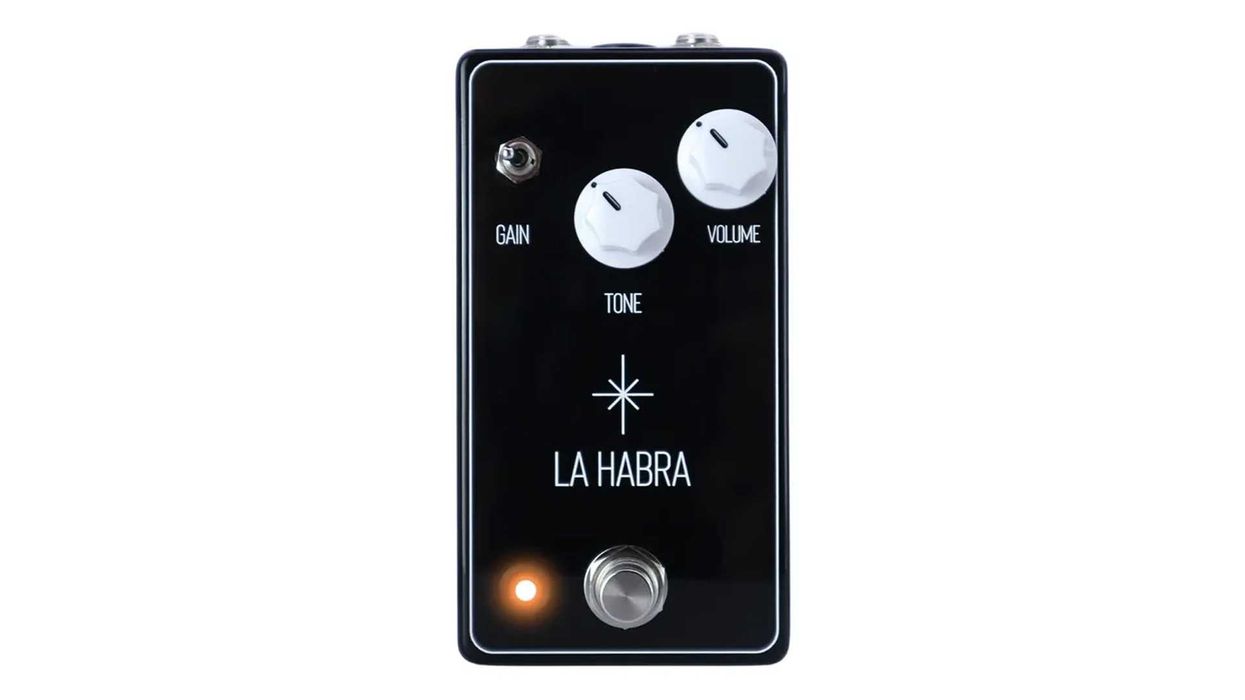About two months ago, I watched a few video clips featuring legendary producer Rick Rubin. Since then, TikTok has sent me a steady stream of Rubinisms. At this point, I’ve watched or listened to pretty much every one of his interviews and episodes of his podcast, Broken Record, and I’ve even read his book, The Creative Act: A Way of Being. Never met the guy, but Rick Rubin has become my career counselor, shrink, spiritual advisor, and guiding spirit. If you don’t have the hours I’ve spent reading, listening, and watching, let me distill it all down to a few gems that I’ve gleaned from the R.R. deep dive.
“Everything we make, we are making as an offering for God.”
If we approach our creative endeavors with the intention of connecting to something beyond ourselves—pick your higher power—we tap into a limitless wellspring of inspiration. We transcend the limitations of our tiny brains, societal expectations, and external validation, and open ourselves up to new possibilities and allow ourselves to be vessels for something greater than ourselves.
“Some scientists and spiritual traditions propose that consciousness extends beyond the physical body.”
“We are all translators for messages the universe is broadcasting.”
“The best artists tend to be the ones with the most sensitive antennae to draw in the energy resonating at a particular moment.”
While science has made strides in understanding the workings of the brain, it is still unable to fully explain the intricacies of human consciousness. Some scientists and spiritual traditions propose that consciousness extends beyond the physical body, suggesting that our thoughts may originate from a higher source or collective consciousness. Rubin maintains that the best creators have tapped into universal intelligence or divine energy.
You know when you have a great idea—a song title, screenplay, app, business plan—and you don’t do anything about it, then that identical idea becomes a huge success for somebody else? It’s rarely plagiarism. This divine creative source sent that message out there, many people heard, few did anything about it. These ideas are out there for everybody, free for the picking.
“Creativity is not a rare ability.”
“Creativity is a fundamental aspect of being human.”
How does one access this creativity? Rubin explains: “Living life as an artist is a practice. You are either engaging in the practice or you’re not. It makes no sense to say you’re not good at it. It’s like saying, ‘I’m not good at being a monk.’ You are either living as a monk or you’re not. We tend to think of the artist’s work as the output. The real work of the artist is a way of being in the world…. A way of perceiving. A practice of paying attention. Refining our sensitivity to tune in to the more subtle notes. Looking for what draws us in and what pushes us away. Noticing what feeling tones arise and where they lead.”
Creating is “like gardening, not architecture.” Architecture is set in stone. With gardens, nature calls the shots. But if you nurture it, it will probably grow. Rubin looks at creativity as free play, where ideas can blossom and flourish without limitations. It is in this space of freedom that true innovation can take root. Rubin’s way is to allow ourselves to explore without fear of failure or judgment. The trick is to get out of your head and quit worrying about what others think.
“The audience doesn’t know what they want. The audience only knows what’s come before.”
Think about the times you’ve deeply connected with the music you were playing and felt like your soul was talking. That doesn’t happen if you’re worrying about the audience. I wish I could live by this rule. I gig a lot. Shamefully, most of my solos I play are just reaching into my bag of cliché riffs and stringing together some flashy ones because I think “that’s what these drunks in the crowd love to hear.” But you know what they love even more? Authenticity.
I only authentically connect to music when I turn off my ego and quit worrying about what other people think. It’s a very Zen paradox: The only way to give the people what they really want is to not let them influence the creative process.
The chief takeaway is in the title of Rubin’s book: The Creative Act: A Way of Being. This isn’t a collection of hacks to help you create; it’s a way of living to make life richer.
Quotes taken from The Creative Act: A Way of Being by Rick Rubin, In Shangri-La with music producer Rick Rubin from 60 Minutes, and the Rick Rubin: How to Access Your Creativity episode of the Huberman Lab Podcast.